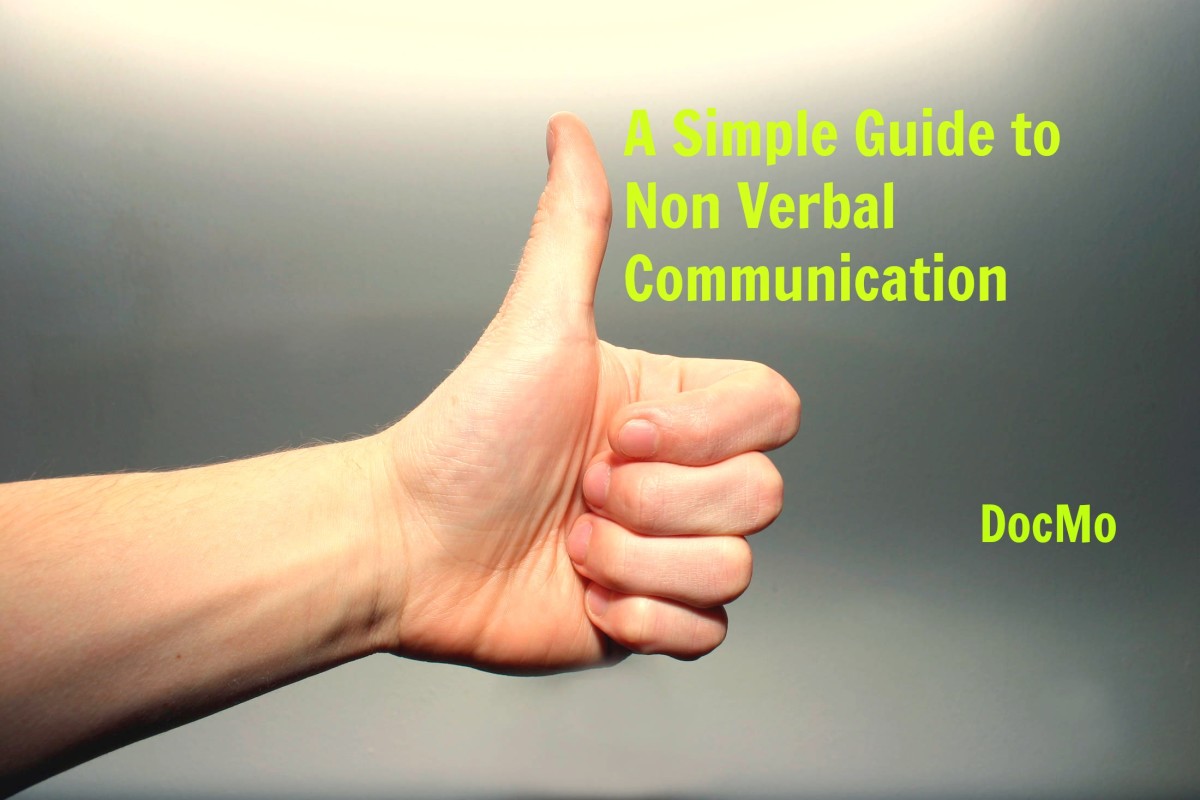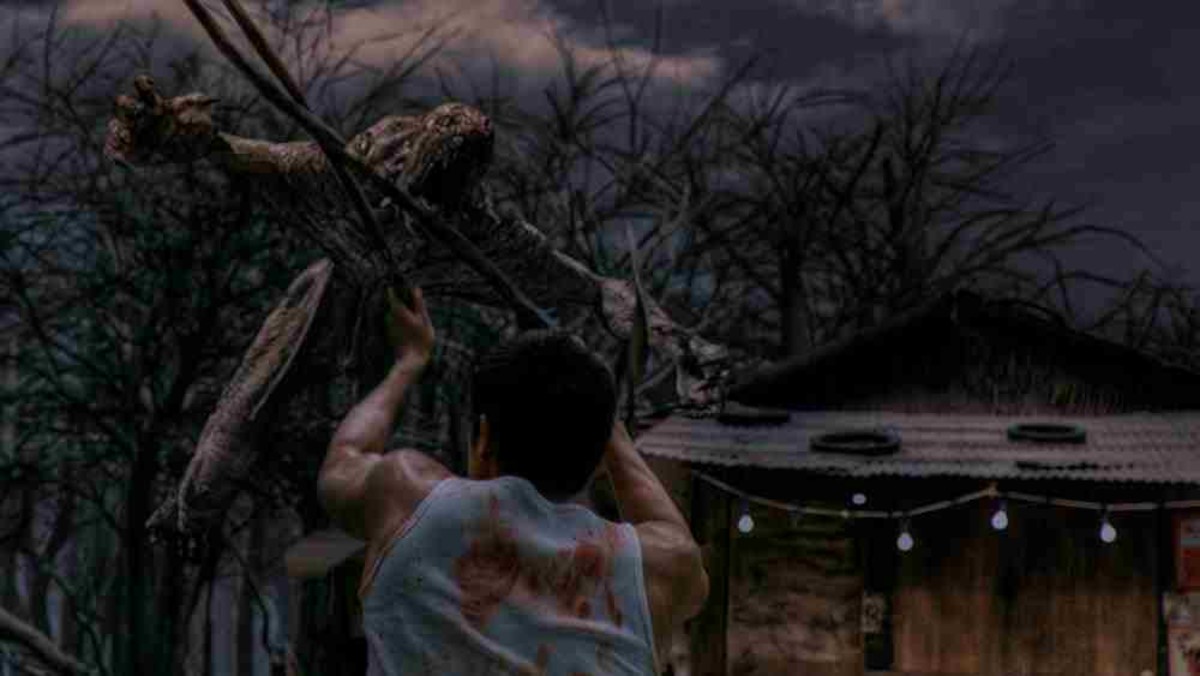Interpersonal Communication from Aladdin


Communication influences every aspect of our lives, so, by examining a movie, we can see the theories and concepts described in Looking Out, Looking In—an interpersonal communication book written by Ron Adler and Russ Procter—at work. The Disney movie Aladdin can largely be used to explain the concepts of communication that are discussed in the book. Because communication is used every second of every day, whether you are aware of it or not, it is important to recognize and learn about communication. By using examples from Aladdin we can understand better some of the ideas presented in Looking Out, Looking In.
One idea discussed in the book, in the chapter examining the use of language itself, is Relative Words. Relative Words are words that have different levels of meaning to different people. The meaning of the word itself is the same, but the intensity of the word can change. During the movie, the character Aladdin is running away from the city guards because he has stolen a loaf of bread. After running over rooftops, jumping up fences, and climbing walls, one of the guards shouts out, "You won't get away so easy!" Here, the word 'easy' is relative to the perspective of the person who spoke. Aladdin even replies, "You think that was easy?" because to him it wasn't easy at all. For the guards, it is commonplace to be running around the marketplace to capture criminals, so to them it is easy. Another example of Relative Words appears when Jasmine and her father are talking about Jasmine getting married. The law states that Jasmine must be married to a Prince, but she doesn't like any of the Princes that she has met. Her father is upset because she should be getting married soon, but instead she is denying everyone she meets. Her father says, because of Jasmine's unwillingness to select any of the Princes, "Your mother wasn't nearly so picky." Picky is a Relative Word. The father thinks Jasmine is being picky, refusing all of the princes because they aren't good enough, or they aren't exactly what she wants. But, to Jasmine, she refuses them because they are all the same: snobby, selfish, and arrogant. Jasmine doesn't think of herself as picky, in fact, she thinks she is normal to turn away the Princes if she doesn't like them.
Another concept discussed in the same chapter is Convergence—the process of changing one's speech patterns and vocabulary to match or fit in with others. Because Aladdin is just a common citizen, it is impossible for him to match the societal status of Princess Jasmine. So, with the help of a Genie, Aladdin wishes to become a Prince. Then, when he does, he changes the tone of his voice and even his choice of words to try to act like he is of higher status than he really is. When Aladdin first meets Jasmine's father, he twirls his arm elegantly and then says, in a slow deep voice, "Your majesty, I have journeyed from afar to seek your daughter's hand." That isn't normally how Aladdin speaks, but he changes from the norm to try and be like a Prince, or at least, how he thinks Princes are.
When talking about nonverbal communication techniques, Regulating often comes up in Aladdin. Regulating is a nonverbal behavior that controls the course of the conversation. For example, at the beginning of the movie, a vendor is trying to sell us, the viewers, stuff from his stand. The camera begins to lead away from him, as though we were losing interest in what he was saying. But, the vendor runs back into view of the camera, shaking his hands and raising his voice saying, "Wait, don't go!" Not only does the shaking of his hands serve as a complementary action to his words, but the tone of his voice is used to try and bring the viewers back to his shop. The words themselves try to call us back, but without the additional Regulating nonverbal behaviors, it wouldn't be very convincing. Another example of a Regulating behavior can be seen when Jasmine and her father are talking to each other. Jasmine isn't interested in what her father is saying, because she doesn't agree with it, or because it's boring, either way though, she isn't concerned with what he's saying. So, as a way of communicating that to him, Jasmine looks away, begins playing with her pet birds and the fish in her fountain, signaling to him that she isn’t engaged in talking about that subject.
Another type of nonverbal behavior, is Repeating. Repeating is a way of reinforcing what you are saying by using nonverbal cues. Repeating occurs so often that there are hundreds of examples just in Aladdin. One instance would be when the character Jafar was trying to get another person, Gazeem, to go into the Cave of Wonders. Gazeem was a little skeptical and turned back hesitantly, but Jafar said, "What are you waiting for, go on," waiving his arms towards the cave. The motion of his arms repeated the message of his words, telling Gazeem to continue on his way into the cave. Another similar example is seen when a guard chasing Aladdin says, "You two, over that way. You two, with me." Pointing in different places when he says 'over that way' and 'with me'. The pointing reinforces his message, showing more precisely where 'that way' is. This is even more significant because it is easier to understand and remember instructions when you are shown them, visibly, than when you hear them.
Chapter 7 discusses listening and ways to listen more effectively. Also, the chapter discusses ways in which people do not listen effectively. Counterfeit Questions are a type of response that isn't actually made to find out information, it is made to make a statement. When Jasmine goes to the marketplace, in disguise, she finds a little boy searching for food. She knows he is hungry, so she grabs an apple from a stand and gives it to the boy. The vendor of the shop sees her and rightly yells at her for stealing. So, he grabs her arm and then raises a knife over it, saying, "Do you know what the penalty is for stealing!?" Whether she knows the answer or not is unimportant because he is going to serve her the punishment of cutting off her hand anyway. The angry vendor says what he says more to explain what he is doing, and why, than to really find out if she knows or not.
A more effective type of response is a Supportive Response. Supportive Responses express to the speaker that the listener cares and is overall interested in what you are saying. When Jasmine reveals to Aladdin that her father is forcing her to get married, Aladdin agrees, saying, "That's—that's awful." Then, Aladdin further says, though using Abu as his channel of communication, that it's unfair for that to happen to her, and he wishes there was something he could do to help. Empathizing, agreeing, and offering to help, are types of Supportive Responses that convey that the listener truly cares about what is being said and who is saying it.
A Benevolent Lie is still a lie, but it is not meant to be cruel or cause any harm. That would all be in the perspective of the person telling the Benevolent Lie, though, because the receiver might think otherwise. When Jasmine goes out into the marketplace disguised, and then meets Aladdin, she does not tell him she is actually a Princess. In fact, she lets Aladdin go on and on, talking about how wonderful it would be to live in the palace. Jasmine lies—she doesn't say she isn't a Princess, but she doesn't say she is one either—about being a Princess because she doesn't want to be treated any differently. If Aladdin originally knew she was a Princess, he definitely would have acted in a different way with her. Jasmine knew this, so she didn't tell him.
Intimacy is the word to describe a personal relationship between two people involving physical, intellectual, and emotion components. Aladdin and Jasmine have this type of relationship from early on in the movie. In fact, when they first meet, they are both talking simultaneously about their feelings, and then suddenly, they both say that they feel "trapped", at the same time. This similarity in emotions bonds them together, forming the relationship that they end up with at the close of the movie. According to the book, the physical component of Intimacy can be heighten by emergencies in which both partners face physical dangers. This is the case when Jafar kidnaps Jasmine, and Aladdin comes to try and rescue her, fighting with Jafar until he can get Jasmine and escape. Because they both experience a life-threatening adventure together, their Intimacy with each other grows.
Looking Out, Looking In also discuses ways that we can improve our relationships. A part of relationships that is destructive is defensiveness. There are many ways that we act out in defense: sarcasm and verbal aggression being two of the many ways. In Aladdin, Gazeem goes to meet up with Jafar, and when he does, Jafar is angry and accuses him of being late. Gazeem, now feeling annoyed, angry, and bitter about being, or not being, late has become defensive because he feels he needs to save face. So, Gazeem replies sarcastically, "A thousand apologies, O, patient one." Sarcasm, in the sense of being defensive, is difficult to describe, but basically entails using mocking and ironic statements to transfer the criticism back to the original critic. Further on in the same scene, Gazeem goes to enter the Cave of Wonders but the cave says that "only one may enter, one whose worth lies far within.." Gazeem steps into the cave, but the cave collapses over him. After the shock of what happened, Jafar says that Gazeem was "less than worthy" at which point Iago says, "There's a big surprise! What are we going to do, I think I'm going to die of surprise." Iago is angry and upset with Jafar because he picked a street thief to go into the cave, even though the cave itself said only someone worthy could enter.
The other type of defensive reaction that can be seen in Aladdin is Verbal Aggression—directly attacking the speaker to change the focus of blame from yourself to the other person. This happens in the movie when Aladdin and Prince Achmed get into an argument. Achmed is riding up to the palace on his horse when two kids run out in front of him. Aladdin saves the kids but is kicked into the dirt by the Prince. When the Prince leaves, riding away on his horse, Aladdin shouts out, "Look at that Abu, it's not everyday you see a horse with two rear ends." The Prince turns around and says, "You are a worthless street rat. You were born a street rat, you'll die a street rat, and only your fleas will mourn you." Aladdin yells out at the prince because of the Prince's cruelty towards himself and the two innocent children. When the Prince's honor and prestige is attacked, he resorts to Verbal Aggression, turning the conversation away from himself by making fun of Aladdin's social and economic status.
These were only some of the concepts discussed in Looking Out, Looking In but as you can see by using examples from the movie Aladdin, communication influences every aspect of our lives.





